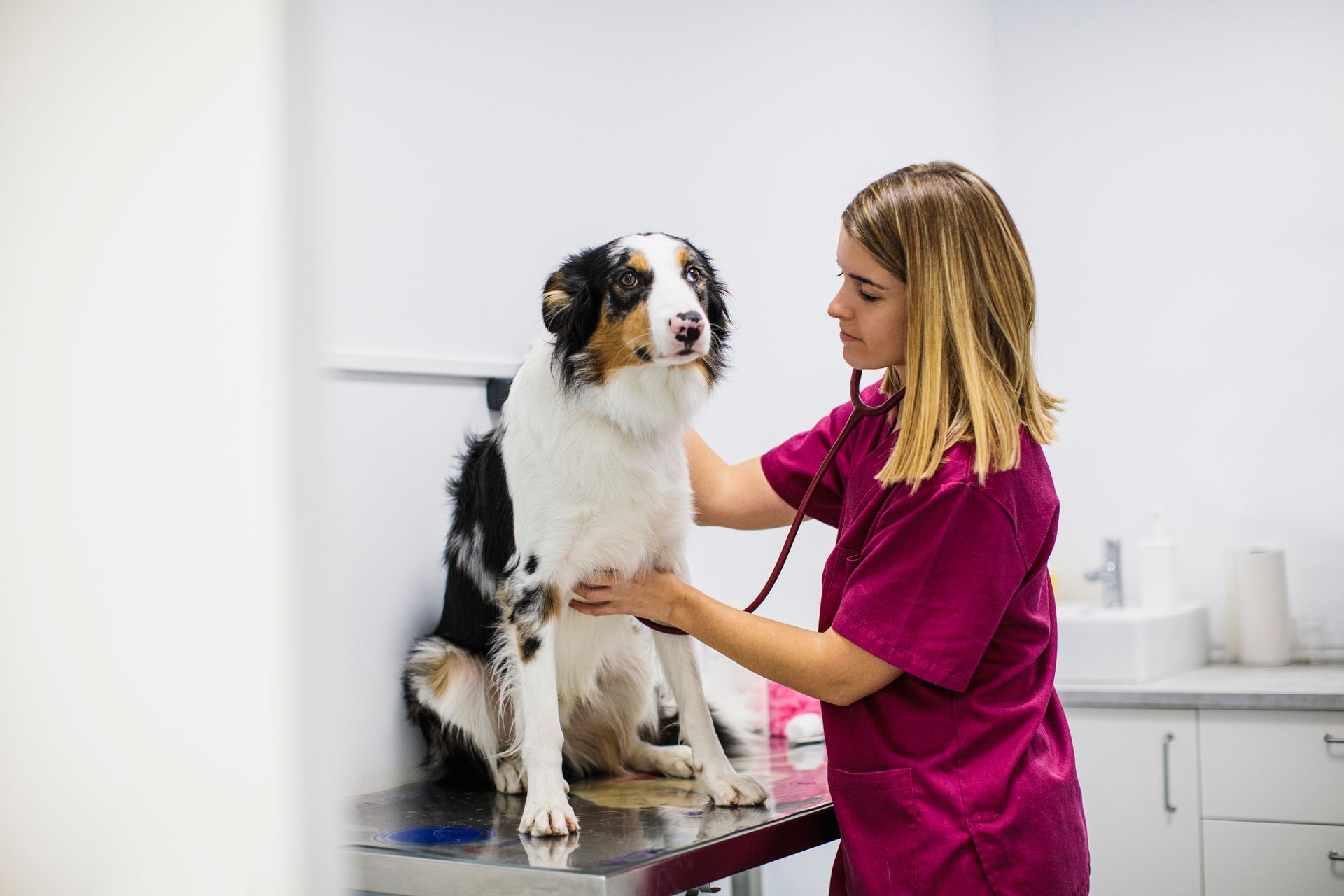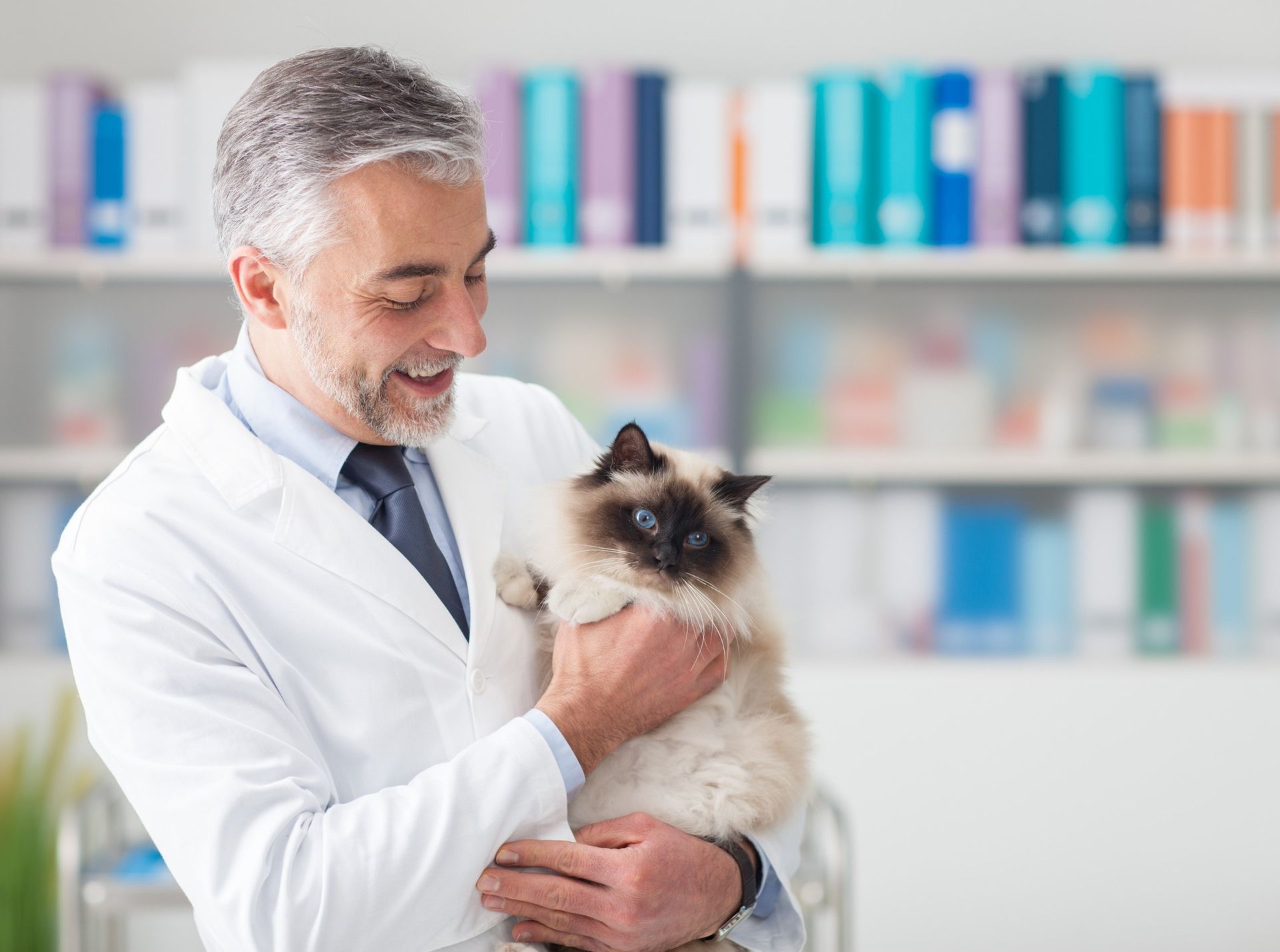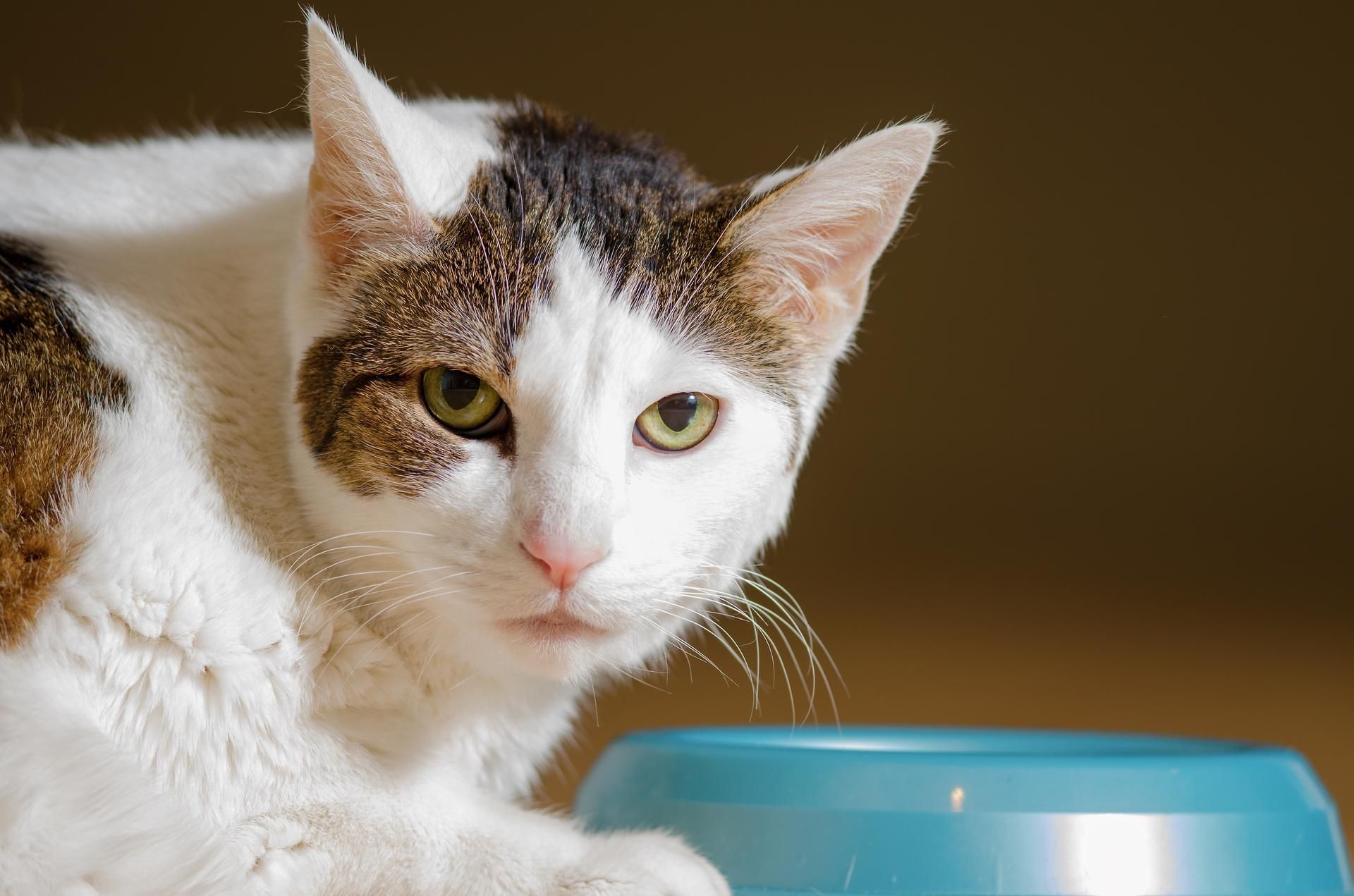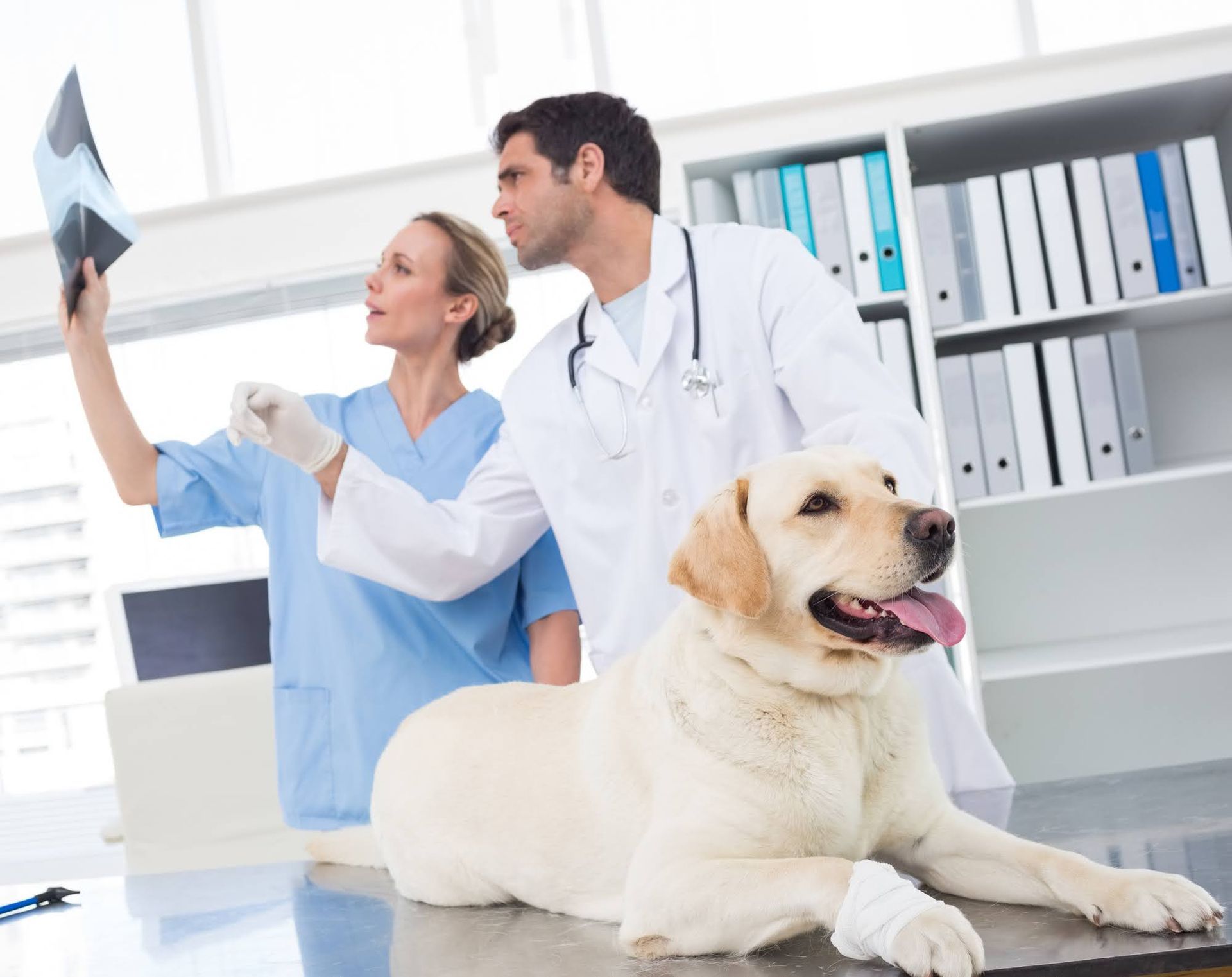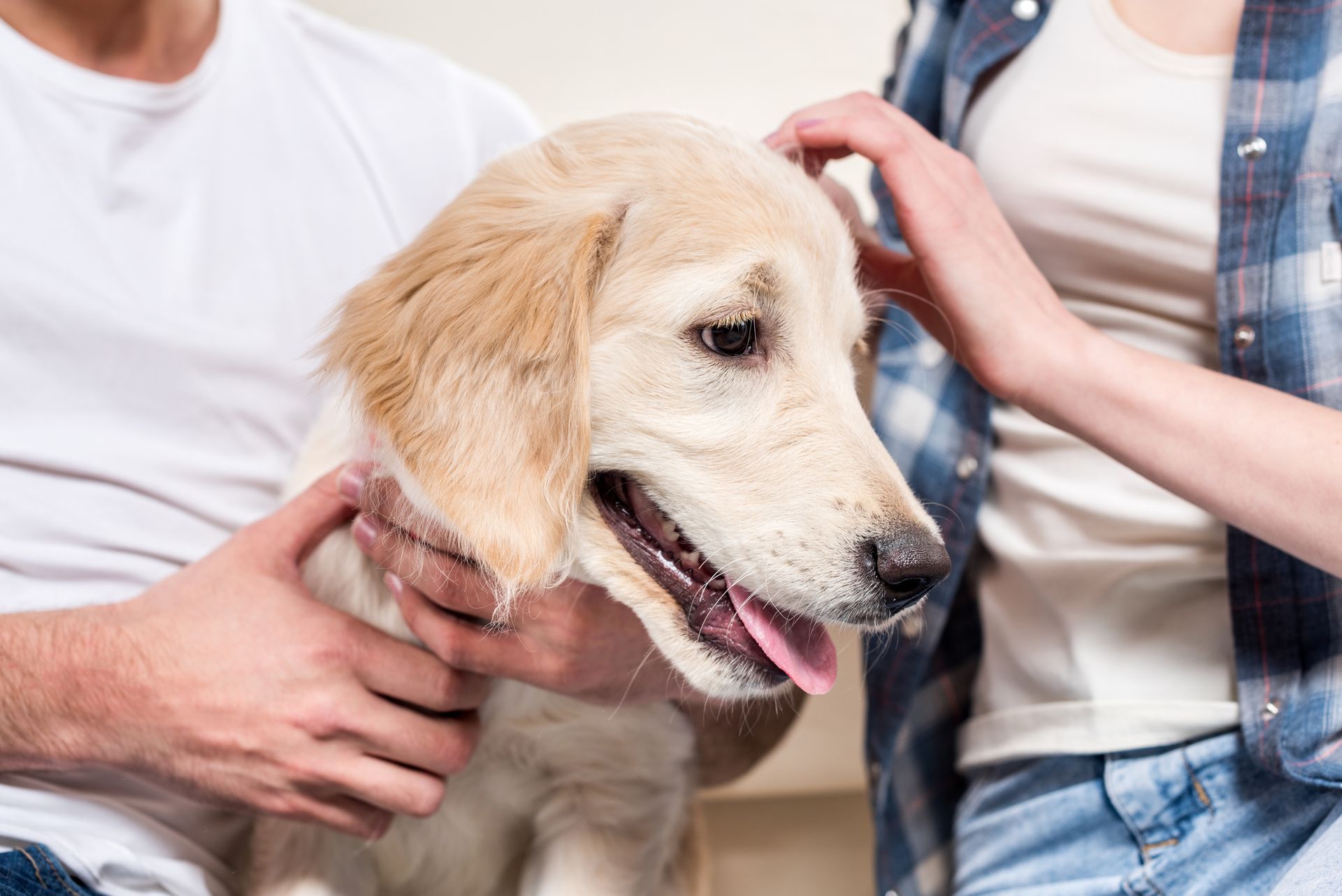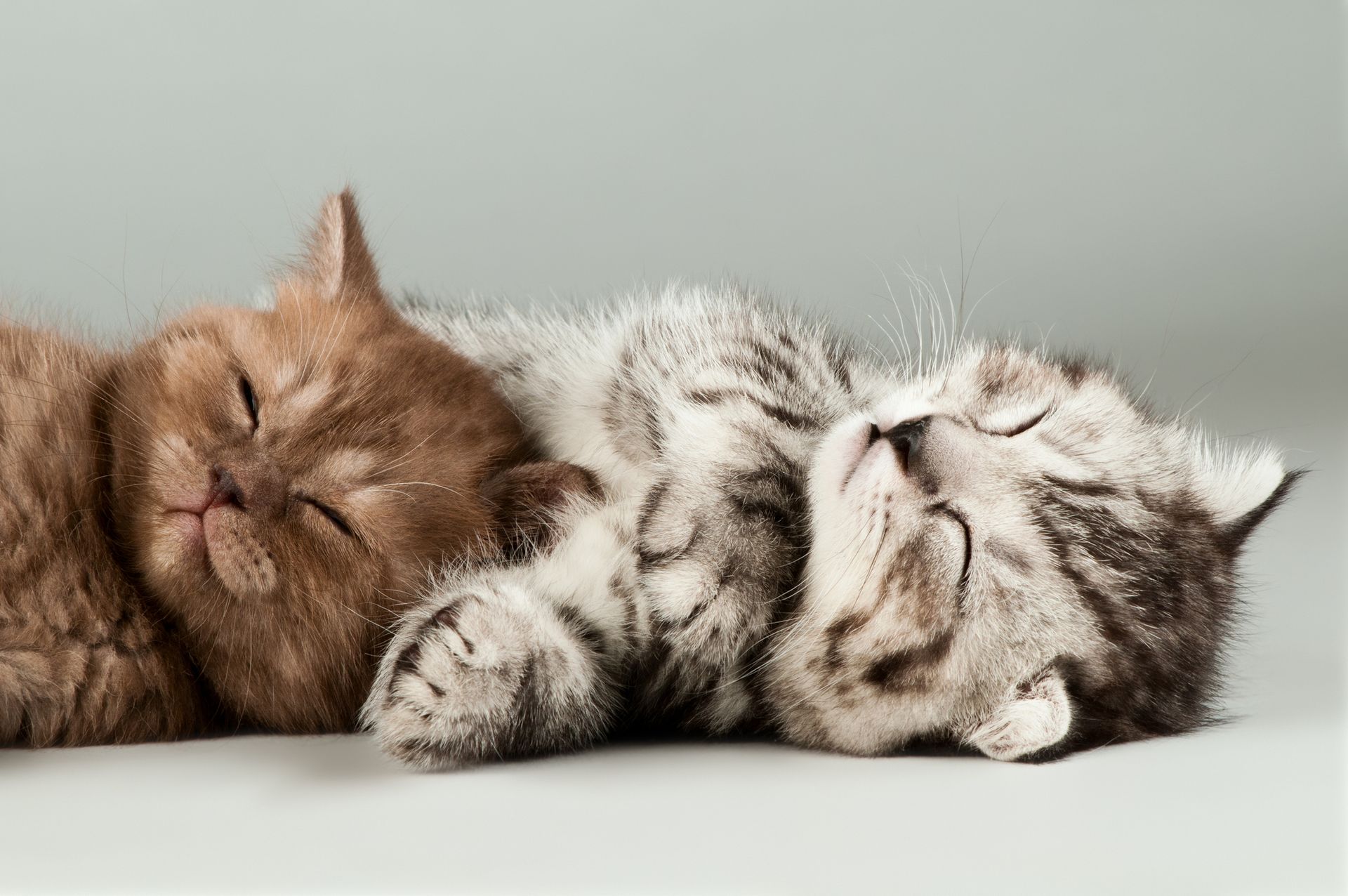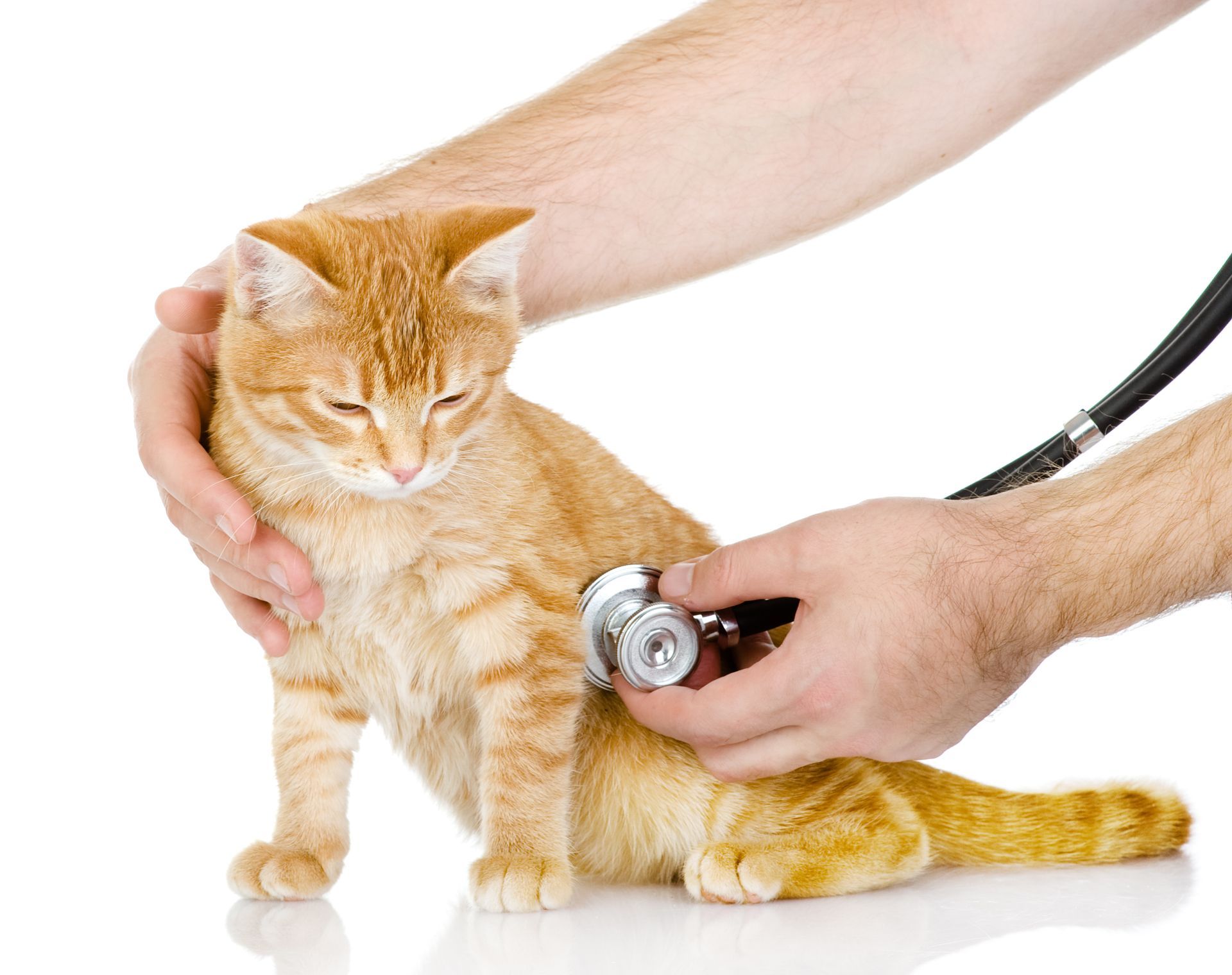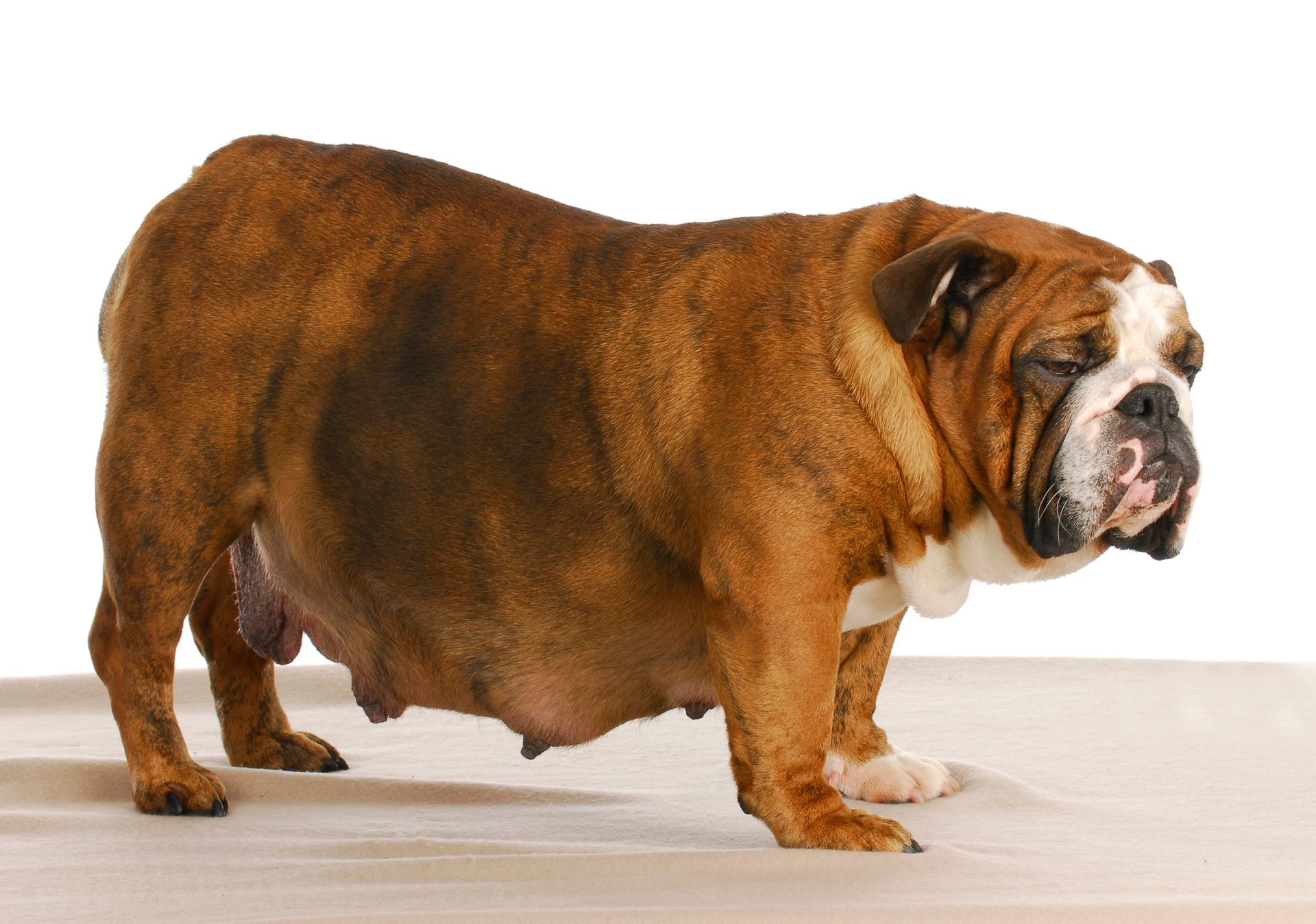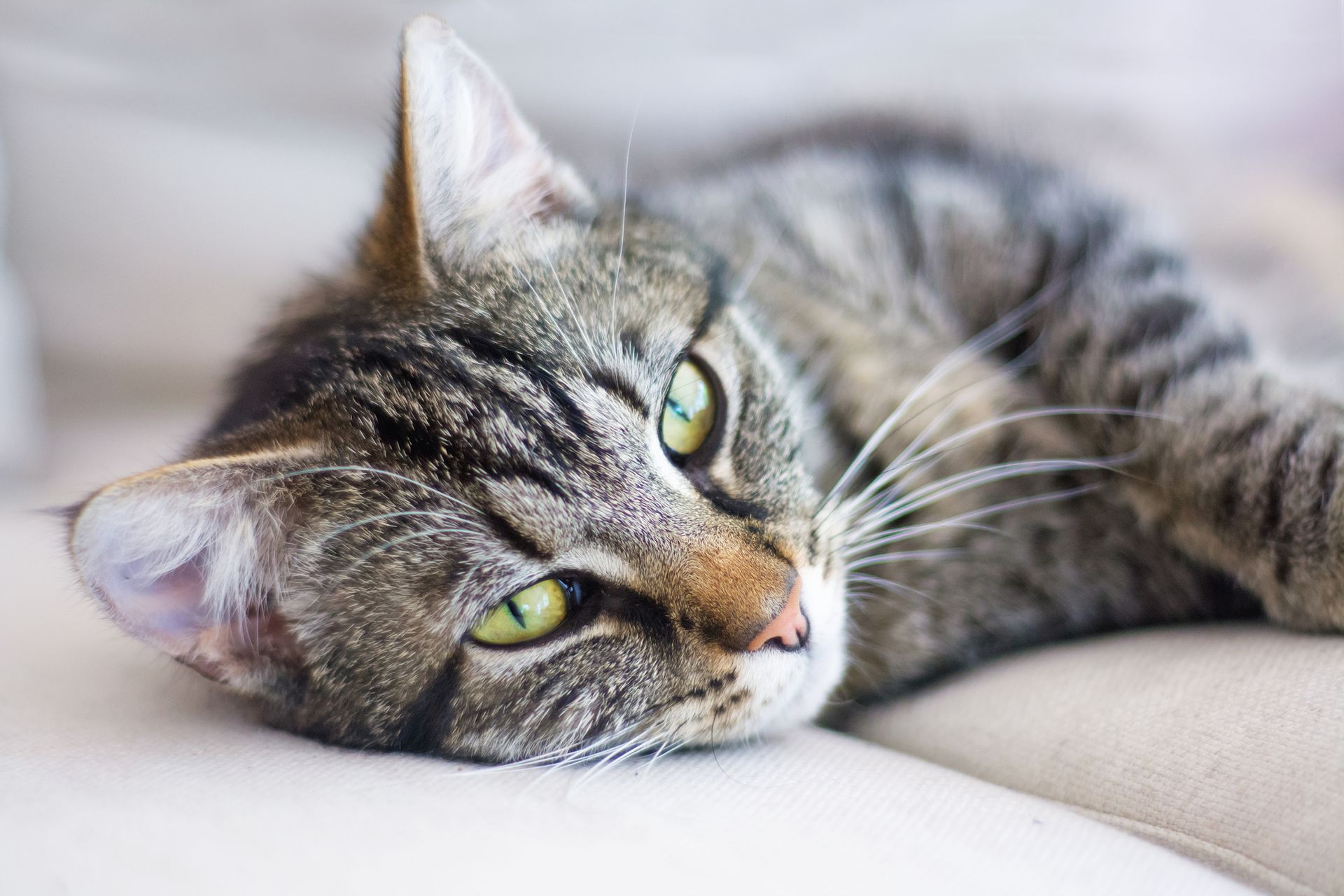4 Things You Should Know About Feeding Your Pet
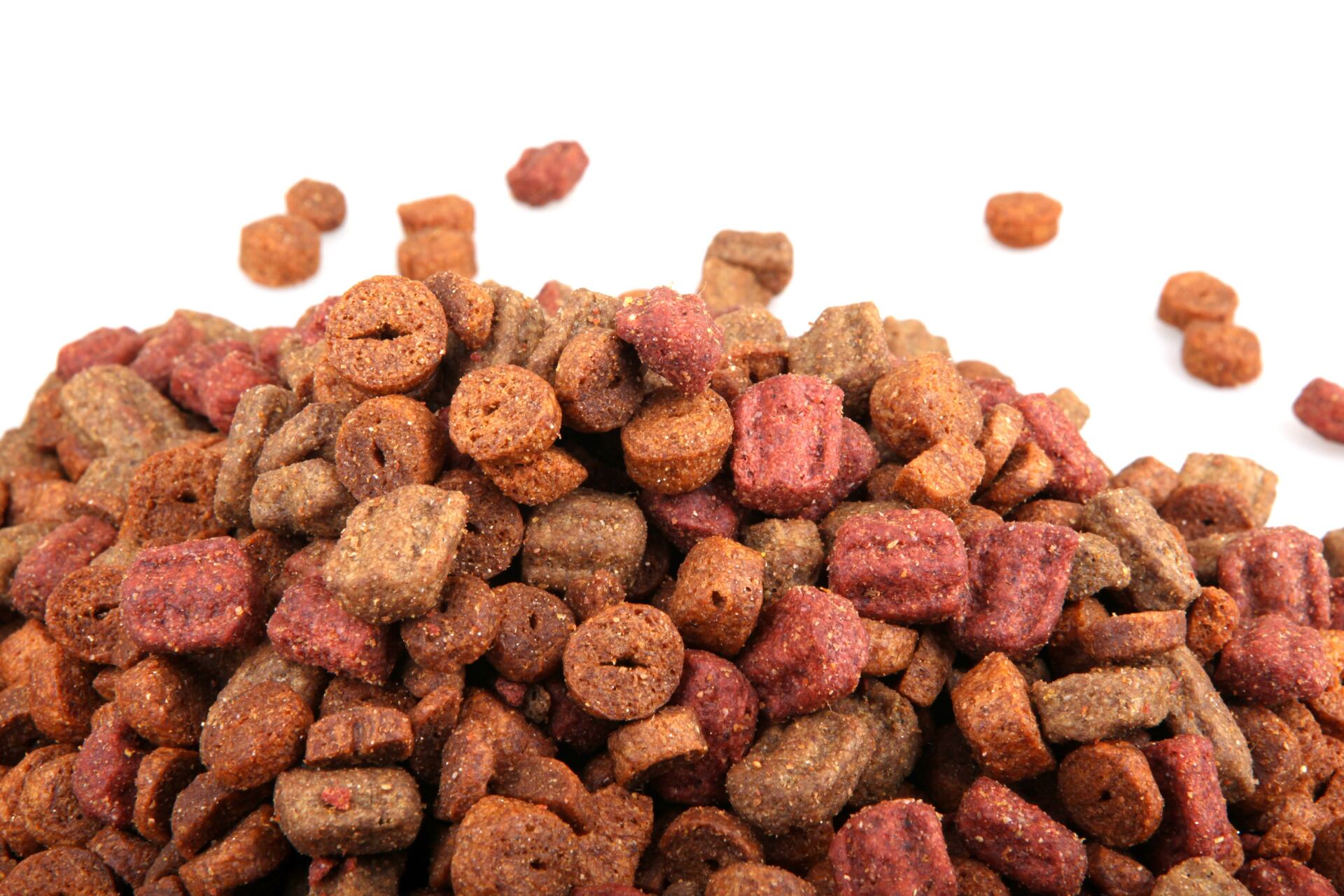
Pets love feeding time, as you probably discovered the first time you served up a bowl of kibble or wet food to your dog or cat. However, a happy pet doesn't always make for a healthy pet, no matter how good that food may taste. The wrong food choices can promote such serious problems as malnutrition and obesity.
As a loving pet owner, you always want to do the right thing for your dog or cat's wellness. Once you understand the requirements and limitations of your pet's ideal diet, the more effectively you can keep it healthy for years to come. Take the following four points to heart as you shop the pet food aisle and prepare meals.
1. Dogs and Cats Shouldn't Eat the Same Food
Like other animals, dogs and cats need a balance of nutrients to maintain optimal health. In addition to protein, vitamins, minerals, fats, and carbohydrates, these animals need certain balances of amino acids, the building blocks of proteins. However, this fact doesn't mean that you should feed them the same things.
Although both dogs and cats count as carnivores (meat-eaters), dogs have omnivorous eating habits. They can get their nutrients from practically any kind of food, including meats, fruits, and vegetables. By contrast, cats belong to a class of animals called obligate carnivores because they must get most of their nutrients from meat.
Unlike dogs, cats' bodies can't manufacture all the amino acids necessary for their survival. For instance, they must get amino acids such as taurine from the food they eat, as well as Vitamin A, which their own bodies can't synthesize. For this reason, you should always feed dog food to your dog and cat food to your cat.
2. Human Food Can't Support Pet Health Properly
Pets invariably beg for treats at the dinner table. However, many commonly enjoyed human foods can spell trouble for your dog or cat because they contain too much sodium, sugar, fat, and other unhealthy substances. Some innocent-looking items such as onions, garlic, and raisins can even prove toxic.
Not all human foods spell trouble for pets. For instance, you can feed your dog the occasional baby carrots, green beans, cooked chicken, low-fat cheese, peanut butter, and even oatmeal. Before you start pampering your pet, however, ask your veterinarian whether you should pursue this practice or simply withhold human foods altogether.
3. Different Life Stages Call for Different Calorie Intakes
Even if your pet enjoys the same foods all its life, the way you serve those foods will differ throughout the animal's life stages. Puppies and kittens need more nutritional support than adult animals. You may need to serve several meals a day to provide sufficient nutrients and calories for growth and development.
As your puppy or kitten passes into adulthood, it no longer requires this heavy-duty food intake. Most healthy adult pets do just fine with a couple of sensibly sized meals a day. By controlling your adult pet's eating habits in this way, you can help it avoid obesity, a dangerous condition that can cause multiple health problems.
One smart strategy for giving your pet the right nutrition for its current age involves purchasing pet foods specifically formulated for that stage of life. Consult your veterinarian before buying a food touted as suitable for all life stages, because it may actually contain too much of this or that nutrient for your pet.
4. Your Veterinarian Can Prescribe Special Diets
Certain health challenges in your pet can complicate the issue of diet and nutrition. A chronic problem such as kidney disease, high blood pressure, diabetes, or liver disease may call for adjustments in your pet's nutritional mix. Your veterinarian can prescribe a special diet to help your pet cope with such conditions.
An obese pet may also need a little dietary help. If your veterinarian determines that your pet carries too much for its age and frame, you may need to reduce your pet's meal portion sizes or put your pet on a special diet food product.
Angel Pet Hospital wants to help your pet eat well and live well. Contact us to schedule an appointment.


